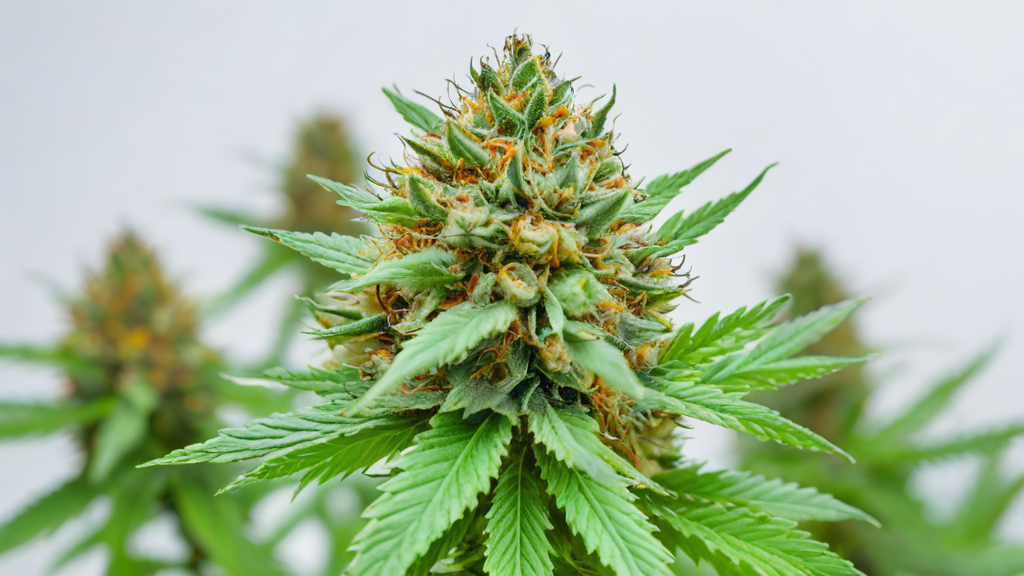What is CBD?
CBD, short for Cannabidol, is one of the most present substances in cannabis or marijuana. Unlike traditional consumption of the plant, CBD does not produce the same psychoactive effects, since it does not contain THC, another of the main components of cannabis.
According to the World Health Organization, CBD is not associated with potential for abuse, making it an option with no risk of addiction and no harmful effects for people.
The popularity of CBD has grown thanks to changes in the regulation of medical and recreational marijuana. In countries like Canada, where the sale of cannabis is legal, products with different levels of THC and CBD are offered, allowing people to choose according to their needs.
Benefits of CBD
Dr. Peter Grinspooon, professor at Harvard Medical School, highlights that CBD has been shown to be effective in the treatment of epileptic syndromes in children, such as Lennox-Gastaut Syndrome or Dravet Syndrome, significantly improving their quality of life.
Additionally, it has been linked to relieving anxiety, sleep disorders and chronic pain, reducing inflammation and improving patients’ well-being.
Although potential benefits for skin and hair have been mentioned, it is important to note that not all have been fully demonstrated, so caution is recommended when considering its use for these purposes.
As for side effects, some people may experience dizziness, tiredness or irritability, and it is advisable to consult a doctor if you are taking other medications.
Although CBD is considered safer than THC, caution is recommended in daily dosage and use in general.
